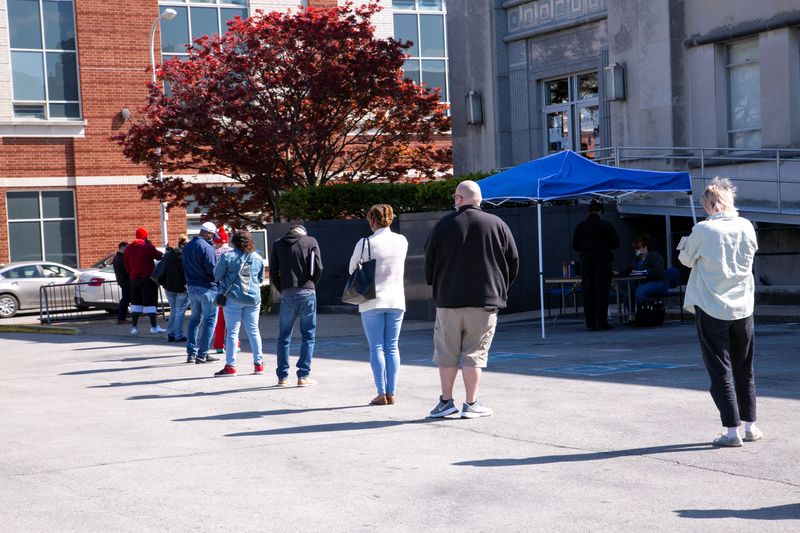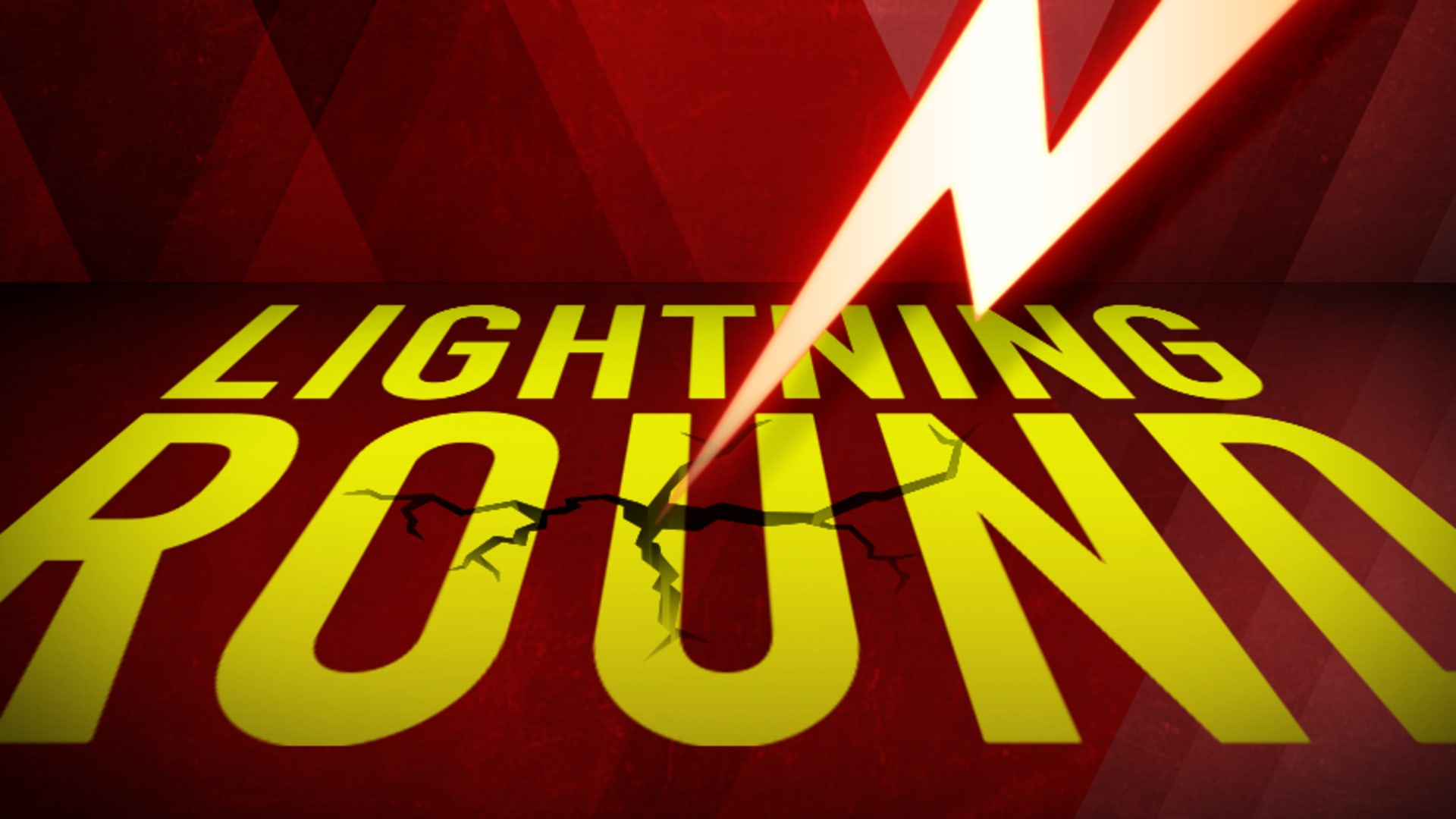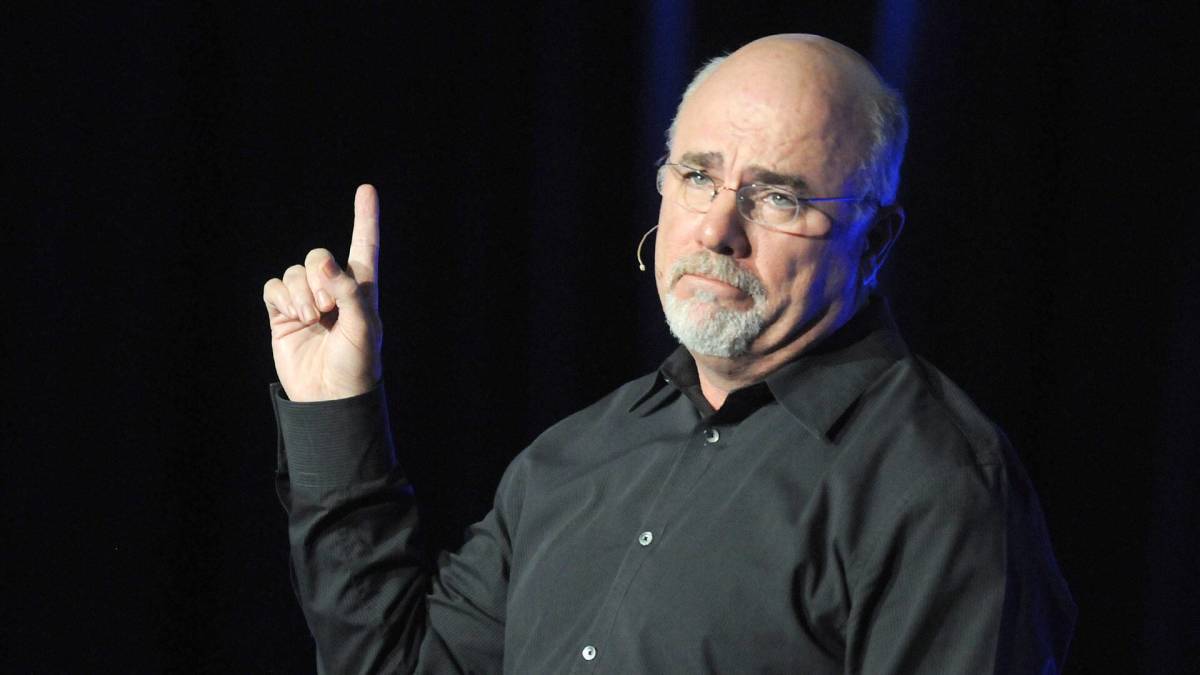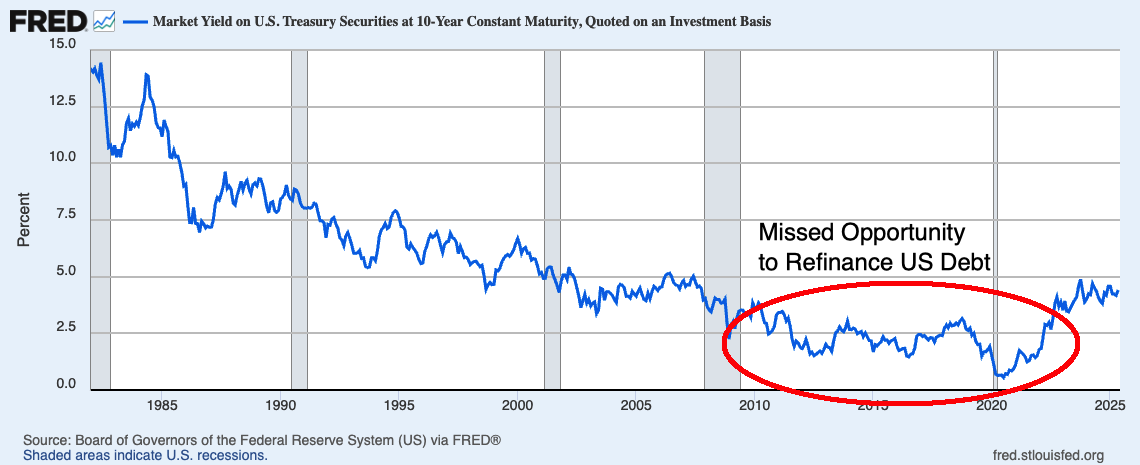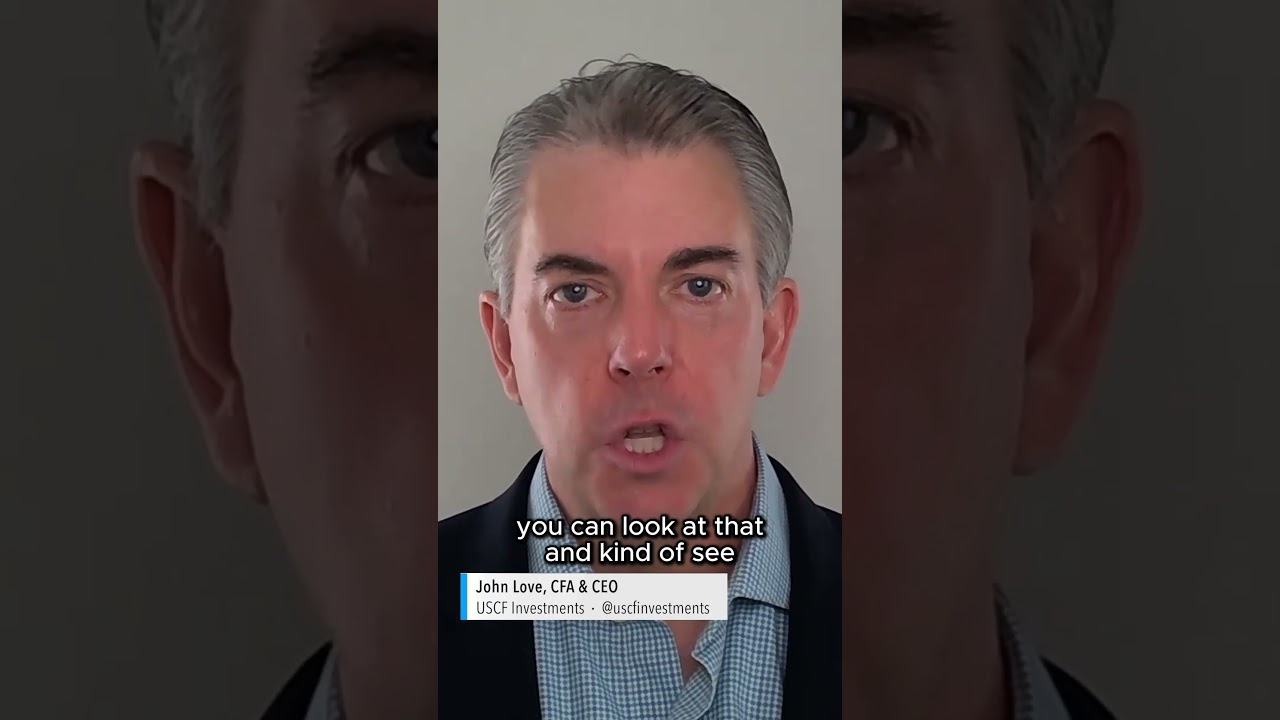What Happens to a 401k When You Die? – Insight Needed After My Sister-in-Law’s Passing
The sudden and unforeseen death of a relative loved one is a tragic event. When family survivors undertake the process of clearing up estate matters of the deceased, retirement accounts have a protocol for processing the transfer of the accounts and proceeds to the designated beneficiaries. However, 401-K accounts, which are administered by third party […] The post What Happens to a 401k When You Die? – Insight Needed After My Sister-in-Law’s Passing appeared first on 24/7 Wall St..

The sudden and unforeseen death of a relative loved one is a tragic event. When family survivors undertake the process of clearing up estate matters of the deceased, retirement accounts have a protocol for processing the transfer of the accounts and proceeds to the designated beneficiaries. However, 401-K accounts, which are administered by third party financial firms on behalf of employers, can provide additional challenges for the uninformed, since the communication chain has the additional layer of employer’s Human Resources departments to work through in order to resolve beneficiary claims.
Key Points
-
Since 401-K accounts are usually administered through third party financial firms, the process for handling them in the event of a principal account owner’s demise can be circuitous.
-
Once the proper documentation has been submitted, 401-K accounts that go to named beneficiaries can be converted to inherited IRAs, and the corresponding IRS 10-year rule would apply.
-
Bearing in mind to obtain any documentation regarding the deceased that is required as well as what might be needed for reference in the future, a consultation with an estate planner or financial professional with estate planning knowledge would be advisable to strategize proper handling of the inherited retirement account to avoid unnecessary penalties.
-
Are you ahead or behind on retirement? Do you still have doubts and questions regarding your objectives and strategies for your retirement portfolio? SmartAsset’s free tool can match you with a financial advisor in minutes to help you answer those and other questions today. Each advisor has been carefully vetted and many of them must act in your best interests to meet your criteria. Don’t waste another minute – get started by clicking here.(Sponsor)
Finding the Right Contact Person

One family who found themselves in this scenario took to Reddit for advice when a sister-in-law passed away. Acknowledging that there is a legal confidentiality aspect to the financial management of corporate client employee retirement funds, there is a logical protocol checklist of steps to take. Assuming that the one inquiring is a named beneficiary (ex: spouse, adult child, or sibling) who is starting from a completely ground level premise of zero previous knowledge or history of the deceased’s account details, apart from who their employer was:
- Obtain the death certificate and multiple official copies in case they are required.
- Contact the employer and seek out someone in the Human Resources department to speak to. Inform that you are a relative of the deceased and wish to inform them of their demise.
- Ask them for the name of the 401-K administrator company, custodian, or vendor.
- With both the employer and 401-K custodian, if they are not already aware of the deceased’s demise, inform them that you wish to report the death of an employee and supply the date of the event, full legal name, date of birth, and Social Security number.
- Contact the 401-K admin company customer service line.
- The admin company cannot disclose details, but they can accept them. Assuming that they confirm that there is an account for the employee name on record, you can offer to provide them with a copy of the death certificate as well as provide names and contact info of probable beneficiaries.
- Inquire for any specific protocols or other documentation that the admin company may need to commence processing claims.
- The 401-K custodian company will then take the matter to its claims department and will send out individual notices to each beneficiary of record in confidence, as the company is usually bound by confidentiality stipulations.
- If the deceased worked at several companies for any period of time, the family and beneficiaries may wish to repeat these same steps with each respective employer and retirement benefits administrator, just in case the deceased never consolidated the various accounts.
Beneficiary Options and the 10-Year Rule

After the notices have gone out and beneficiaries of record have signed off and received their prorated allocations of the deceased’s 401-K, there are several options for beneficiaries based on their status. Surviving spouses, for example, can:
- Choose to roll the funds into a pre-existing IRA account or possibly their own 401-K.
- Roll the funds into an inherited IRA.
- Cash out the funds and pay the corresponding income tax – this is potentially the sole option for smaller amounts.
Other beneficiaries may have no other choice but to roll the fund into an inherited IRA. In that instance, the SECURE Act applies. This mandates that the accounts be subject to Required Minimum Distributions (RMD) calculated so that the account is zero balanced at the end of 10 years. Corresponding income taxes would be in effect. The only parties exempt from the 10-Year rule are:
- Surviving spouses
- Legal minors under age 18
- Those who are medically designated as disabled or chronically ill
- Beneficiaries who are less than 10 years younger than the deceased
If no beneficiaries were indicated, then the accounts normally would become part of the deceased’s estate, although in some instances, the state may try to claim the funds if no next of kin or other beneficiary of record exists. Anyone planning to follow up on a deceased close one’s retirement account claims should definitely catalog all documentation, as multiple copies will likely be required, including evidence of the claimant’s relationship with the deceased. The guidance of an estate planner or financial professional with estate planning and retirement account knowledge could prove invaluable, especially in situations where the provenance of the claims is not cut and dried.
The post What Happens to a 401k When You Die? – Insight Needed After My Sister-in-Law’s Passing appeared first on 24/7 Wall St..


